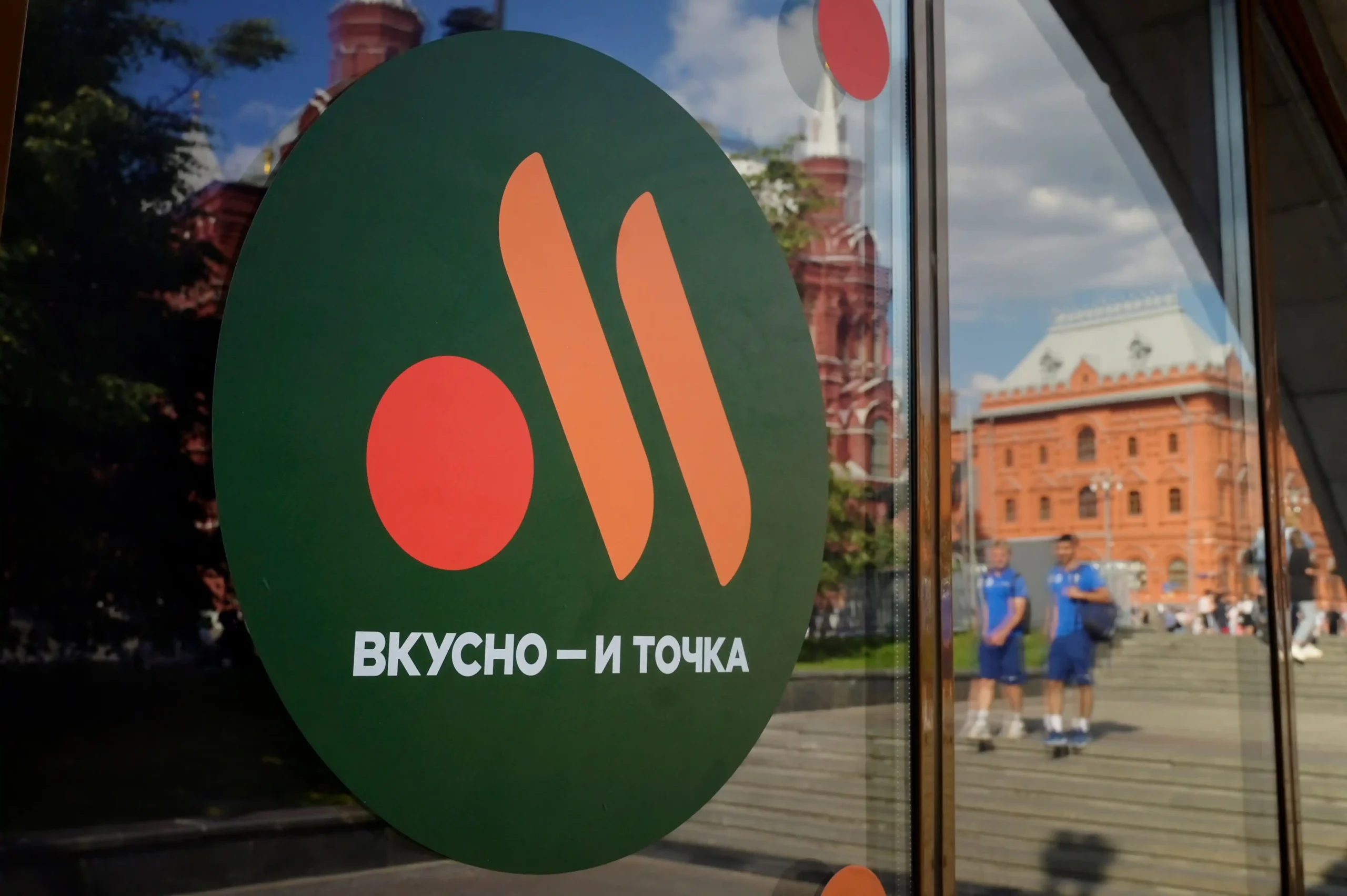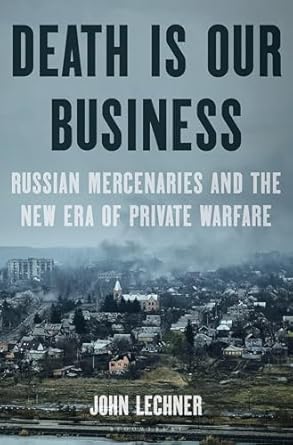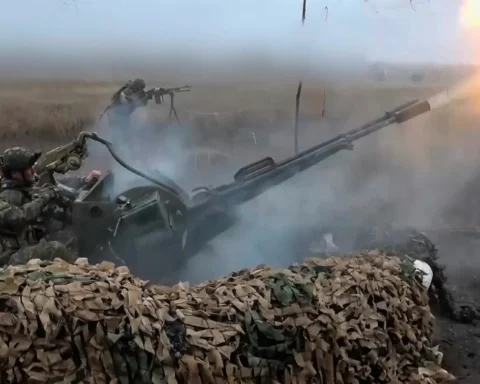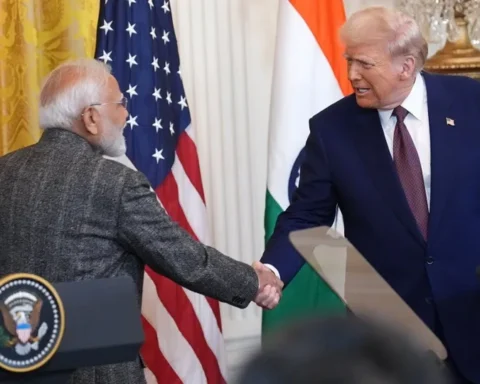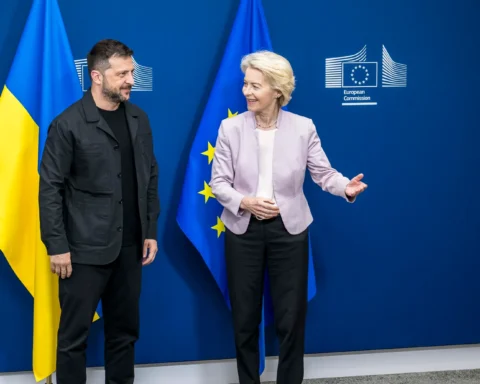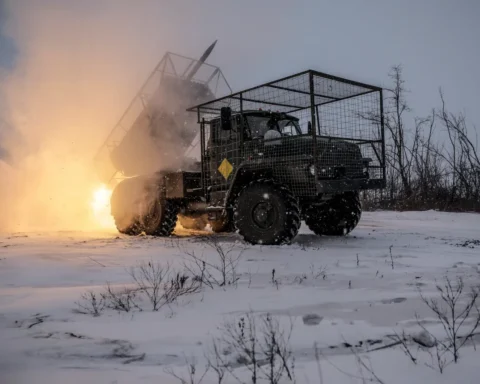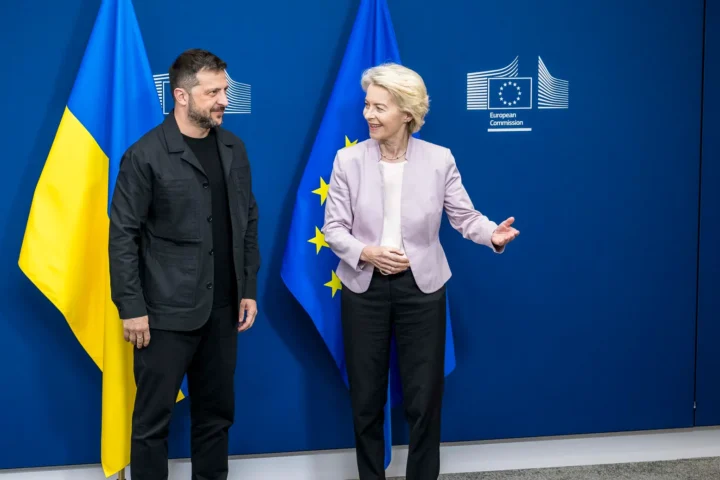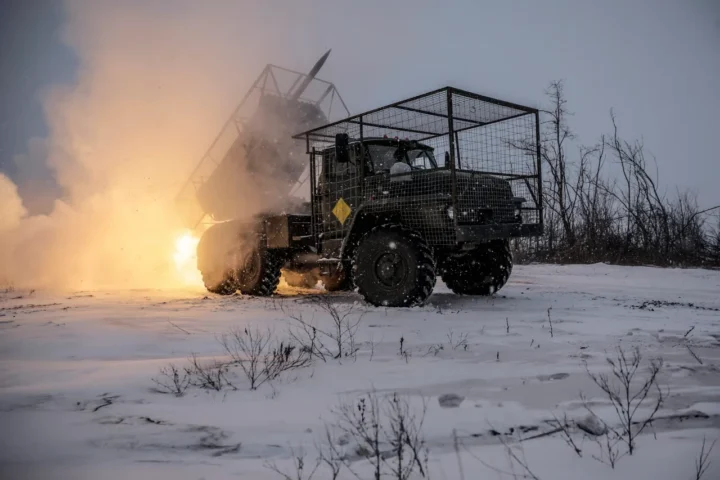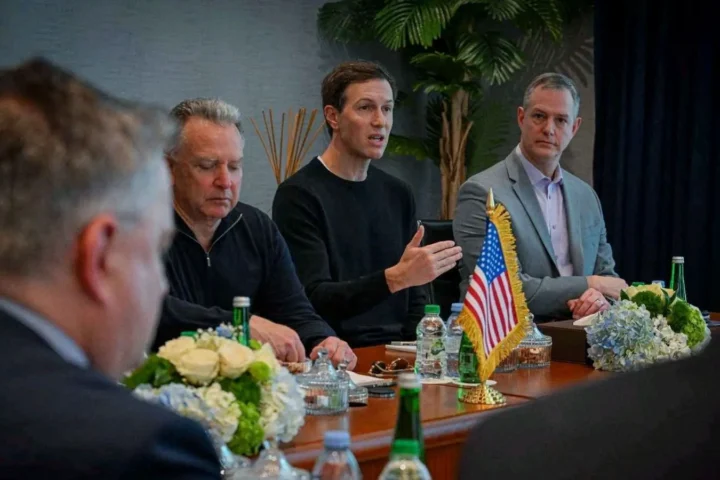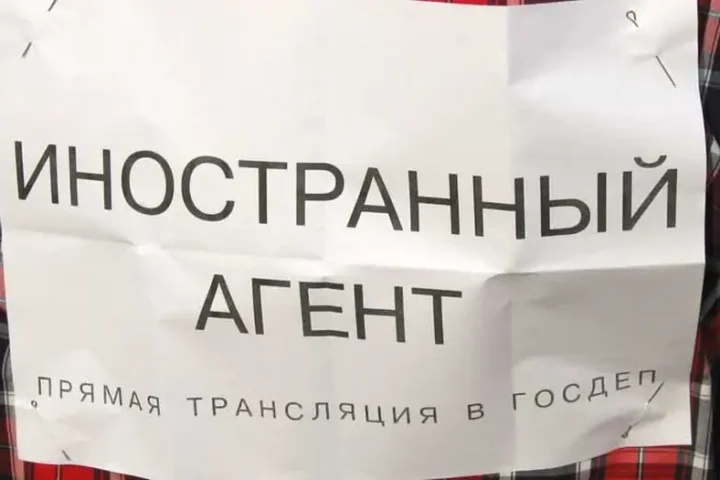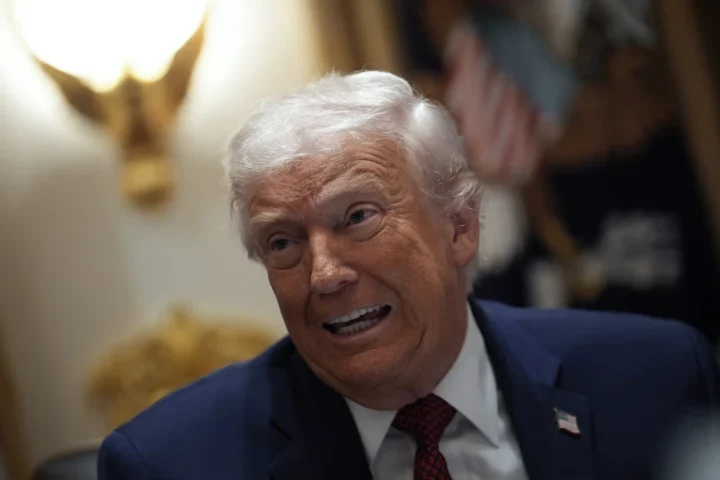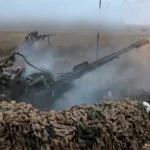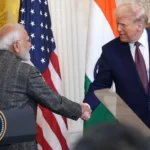As the Trump administration pushes for an end to the war in Ukraine, Russia is signaling readiness to resume business with American companies. Opportunities range from energy and rare-earth minerals to potential space cooperation with Elon Musk. Yet, despite Moscow’s open calls for investment, experts say Western companies are hesitant to return to the Russian market due to high political risks and reputational concerns.
Opportunities with Limitations
According to The Wall Street Journal, while Moscow dangles prospects for renewed economic cooperation, the realities remain complex. President Vladimir Putin clarified that even if sanctions were lifted, Russian companies would still be prioritized in all economic policy.
Speaking at a recent business forum, Putin criticized foreign companies that left Russia after the invasion of Ukraine:
“If the niches of Western companies are already filled by Russian business, then…the train has left the station. There will be no privileges or preferential terms for returning companies,” he said. He also noted that those who sold their Russian assets at bargain prices would not be allowed to buy them back at the same value.
Warming Relations?
Talks of a potential thaw between Washington and Moscow intensified after a call between Donald Trump and Vladimir Putin. While the main focus was the Ukraine conflict, the leaders also discussed the potential for renewed economic ties.
Putin has mentioned American involvement in rare-earth mineral exploration and joint energy development in the Arctic. Kremlin representative Kirill Dmitriev even suggested discussing a Mars mission with Elon Musk.
Exits and Holdouts
Following Russia’s 2022 invasion, around 500 international companies fully exited the country, while over 1,300 announced plans to leave, based on data from the Kyiv School of Economics.
Yet, about 2,200 foreign firms remain, including major food producers like PepsiCo, Nestlé, and Mars. These companies continued scaled-down operations and maintained some local production—assets they could expand if relations normalize.
Economists argue that firms that never left are best positioned for short-term gains:
“They would be rewarded for staying, despite the war, which raises some ethical questions,” said Janis Kluge, an economist at the German Institute for International and Security Affairs.
Sanctions and Caution
Even if the U.S. relaxes its restrictions, a broader European shift is unlikely, making Russia a compliance headache for global businesses.
The memory of chaotic exits lingers. Assets were frozen or seized. French food producer Danone, Danish brewer Carlsberg, and energy giant Exxon all faced major losses. Exxon’s exit from the Sakhalin-1 project was blocked, with its stake transferred to a Russian entity—a move the company labeled “expropriation.”
British oil major BP, which once held a 20% stake in Rosneft, has yet to offload its share. In 2022, BP walked away, incurring a $25.5 billion loss.
“There are more than a dozen countries that have sanctions on the entity,” said CEO Murray Auchincloss, referring to Rosneft. “We think the best focus that we can have is on continuing to divest this.”
Shrinking or Waiting
Austria’s Raiffeisen Bank, one of the last Western lenders in Russia, is reducing its operations in line with European Central Bank orders. Italy’s UniCredit also seeks to exit, hoping to sell its Russia unit if the war ends.
Analysts point out that Russia’s market size makes it less appealing compared to giants like India or China:
“It’s just not big enough to justify the reputational risk,” said Laura Solanko, senior adviser at the Bank of Finland Institute for Economies in Transition.
Exports vs. Infrastructure
Companies that export goods or services—like automakers, aviation manufacturers, or software firms—could re-engage faster than those needing physical assets, like McDonald’s, Starbucks, or Exxon.
“Cars can be shipped in weeks. But McDonald’s needs infrastructure and supply chains,” explained Maxim Mironov, a professor at IE Business School.
Access to Western aircraft and spare parts is likely to be a top priority for Russia. Sanctions cut off Boeing and Airbus sales, leaving Russian carriers struggling with fleet maintenance. Both aerospace giants declined to speculate on potential policy changes.
Food and retail brands like McDonald’s and Starbucks exited Russia voluntarily, selling hundreds of locations to local buyers. Their stores now operate under new names—“Tasty & That’s It” and “Stars Coffee.”
Any return could be politically charged. Russia’s deputy prime minister stated that returning chains must agree to operate in occupied Ukrainian territories, a requirement that could further complicate re-entry.
Energy Sector: High Stakes, High Risks
Before the war, energy companies enjoyed significant profits in Russia. BP’s Rosneft stake once accounted for a third of its oil-and-gas output. Now, the long timelines and unstable political environment make future energy investments less attractive.
Laurent Ruseckas, an energy analyst at S&P Global, noted that even if opportunities re-emerge, previous exits were so disorderly they may be irreversible.
In summary, while Russia speaks of economic openness, its political climate, legal unpredictability, and the scars of past exoduses leave Western firms wary. A thaw in diplomacy does not automatically mean a rush to reinvest—it simply opens a cautious window of consideration.
This article was prepared based on materials published byThe Wall Street Journal. The author does not claim authorship of the original text but presents their interpretation of the content for informational purposes.
The original article can be found at the following link: The Wall Street Journal.
All rights to the original text belong to The Wall Street Journal.


